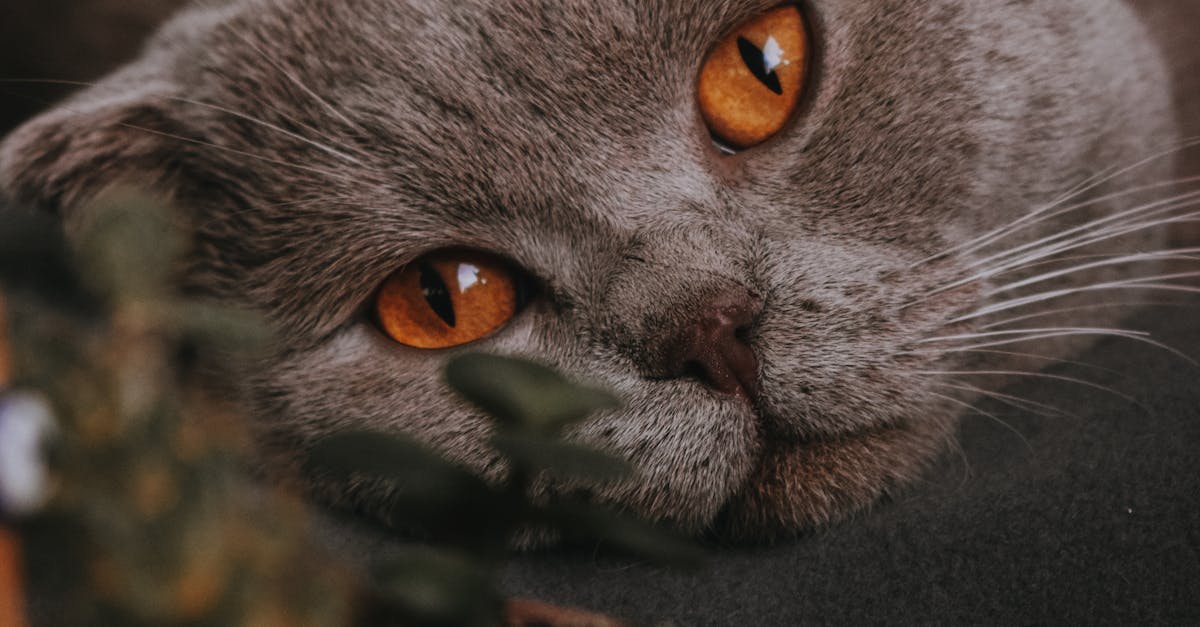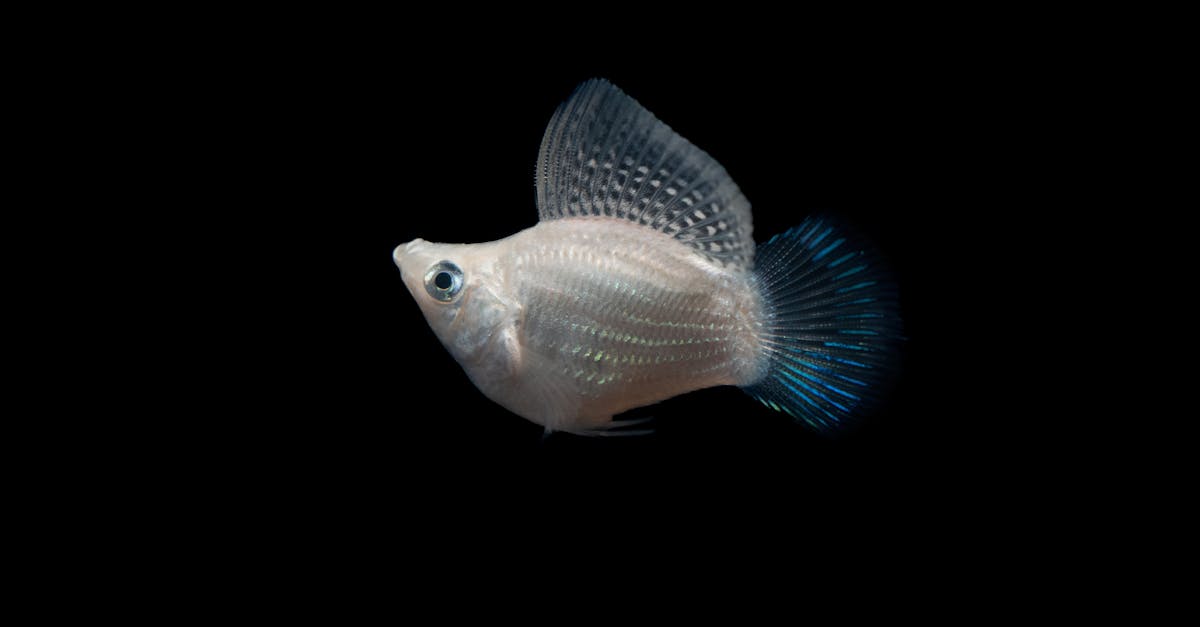The Exotic Shorthair is a unique and adorable breed that has captured the hearts of many cat lovers. With their plush coats, round faces, and gentle personalities, these cats make excellent companions. But owning an Exotic Shorthair comes with specific responsibilities. Understanding their characteristics, needs, and potential health concerns is crucial for providing the best care. Whether you're a first-time cat parent or considering adding one to your family, this guide will equip you with everything you need to know.
🐾 Breed Snapshot
The Exotic Shorthair is often referred to as the "lazy man's Persian" due to their similar appearance but lower grooming needs. They were developed by crossing Persians with American Shorthairs, resulting in a cat with a Persian-like face but a short, dense coat that's easier to maintain.
- Origin: United States (1960s)
- Weight: 7–12 pounds
- Lifespan: 12–15 years
- Coat Type: Short, plush, and dense
- Colors: Wide variety, including solid, bicolor, tabby, and more
These cats are recognized by major cat associations like The International Cat Association (TICA) and the Cat Fanciers’ Association (CFA), making them a popular choice for both pet owners and show enthusiasts.
🧬 Personality & Behaviour
Exotic Shorthairs are known for their calm and affectionate nature. They are less demanding than some other breeds, making them ideal for families, singles, or seniors. While they enjoy lounging around, they also have a playful side and love interactive toys or a good chase session with a feather wand.
- Temperament: Gentle, loyal, and easygoing
- Social Behavior: Gets along well with children, other pets, and even strangers
- Energy Levels: Moderate – enjoys play but also loves lounging
- Vocalization: Quiet, with soft meows or purrs
These cats are often described as "lap cats" because they thrive on close contact with their humans. However, they are not overly clingy and can entertain themselves for short periods.
🧼 Health & Grooming Needs
One of the main reasons Exotic Shorthairs are so popular is their low-maintenance coat. However, they do have specific grooming and health needs that owners should be aware of to keep them happy and healthy.
- Grooming: Brush their coat once or twice a week to remove loose hair and prevent matting.
- Bathing: Occasional baths may be needed, especially if their coat becomes greasy.
- Facial Cleaning: Due to their flat faces, Exotic Shorthairs are prone to tear staining. Clean their eyes daily with a damp, soft cloth.
- Dental Care: Brush their teeth regularly to prevent dental disease.
- Nail Trimming: Trim their nails every 2–3 weeks or as needed.
Health-wise, Exotic Shorthairs are generally robust, but their brachycephalic (flat-faced) features can predispose them to certain conditions:
- Breathing issues or snoring
- Eye problems like excessive tearing or infections
- Polycystic kidney disease (PKD)
- Obesity, especially if they are overfed or under-exercised
Regular vet checkups, a balanced diet, and plenty of playtime can help manage these risks effectively.
💡 Vet Tips for Pet Parents
Caring for an Exotic Shorthair requires attention to their unique needs, but the effort is well worth it. Here are some practical tips to keep your furry friend thriving:
- Nutrition: Choose a high-quality cat food that meets their nutritional requirements. Look for food rich in animal protein and low in fillers like corn or soy.
- Hydration: Exotic Shorthairs can be prone to urinary issues. Encourage water intake by providing a cat water fountain or adding wet food to their diet.
- Environment: Keep their living space clean and provide cozy spots for napping. They also love scratching posts and interactive toys to keep them entertained.
- Eye Care: Clean their eyes daily to prevent tear stains and infections.
- Monitor Weight: Watch their food portions and ensure they get regular playtime to avoid obesity.
Most importantly, stay observant for any changes in their behavior, appetite, or grooming habits, as these can be early signs of health issues.
FAQs
Q: Are Exotic Shorthairs good with kids?
A: Yes, they are gentle and patient, making them excellent companions for children.
Q: How often should I clean my Exotic Shorthair’s eyes?
A: Daily cleaning is recommended to prevent tear stains and reduce the risk of infections.
Q: Do Exotic Shorthairs need a special diet?
A: While they don’t require a special diet, high-quality cat food with proper protein and fat levels is essential for their health.
Book a $49 online vet consultation at https://www.dialavet.com for fast, expert advice.























